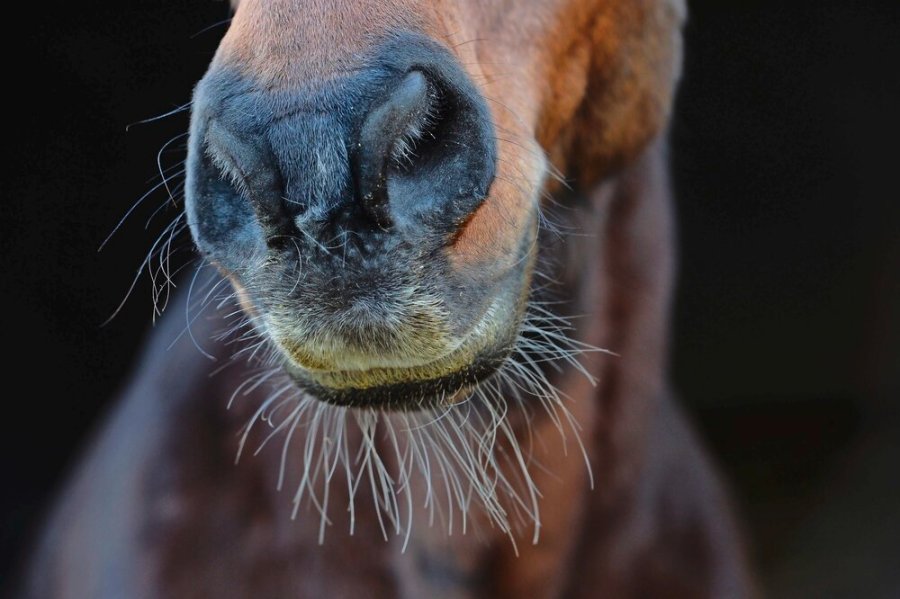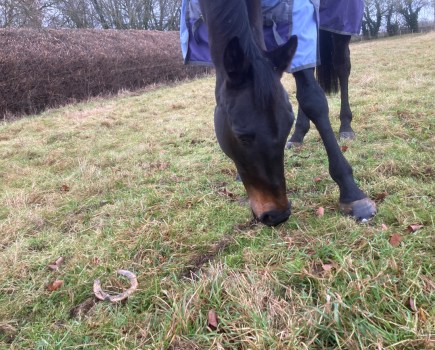By stripping our horses of their whiskers, are we depriving them of a vital tool? Almost all species of mammals have vibrassae, otherwise known as whiskers.
These long, thick, specialised hairs are tactical receptors, and they help horses to navigate and understand their surroundings, just as rats, cats and bats do.
Some European countries have banned the removal of horse’s whiskers. In 1998 Germany outlawed whisker shaving, and a section of the German Animal Welfare Law prohibits trimming the vibrassae around a horse’s eyes and muzzle, as well as clipping or cutting the hairs inside the ears. This means a competitor with a shaved horse can be disqualified from a show.
More recently, France and Switzerland have followed suit, disallowing the remover of a horse’s whiskers on welfare grounds.
Despite evidence to the contrary, there are still people who remove their horse’s whiskers, arguing that the procedure is problem free.
So why do some people remove them?
Nottingham Trent University conducted a survey asking that very same question and the outcome was purely cosmetic: “because it looks tidy”.
“Whiskers are an essential component to a horse and despite the serious welfare implications that go with removing them it’s clear the only reason they are removed is for fashion,” says vet and equine behaviourist Gemma Pearson.
However, it’s also clear that the procedure is slowly being replaced by a more practical outlook across the horse world.
“It used to be commonplace to take off all facial hair, including eyelashes, as it’s all about a clean and tidy cosmetic look,” says Rosemary Mundy, who produces and shows Irish Draughts.
“However, my horses always objected to having them trimmed and after reading up on the subject and becoming educated on vibrissae, I started to understand their reaction. As a result, I no longer remove their whiskers.”
Equine organisations across the UK have also been spreading the word about not trimming whiskers.
“While the research into equine whisker removal is sparse, this is not the case in other species and, more importantly, our experience would support this being the case in equines too,” says Roly Owers, chief executive of World Horse Welfare.
“Equally, we aren’t aware of any reason for trimming whiskers other than aesthetics, which cannot be justified.”
Don’t miss the latest issue of Your Horse Magazine, jam-packed with training and veterinary advice, horse-care tips and the latest equestrian products available on shop shelves, on sale now.









